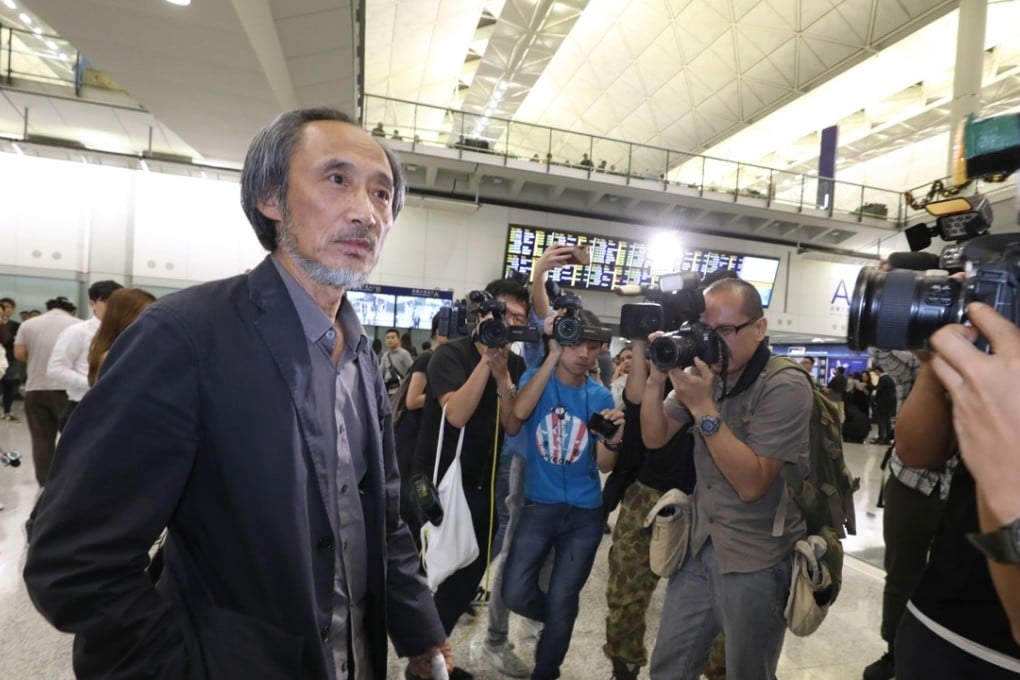Opinion | Ma Jian fiasco shows why Hong Kong must defend its artistic freedom
- U-turn by cultural complex over talks by Chinese dissident author at leading literary festival raises concerns about self-censorship and has proved embarrassing for the city

The Hong Kong International Literary Festival, which concluded last weekend, provides a valuable opportunity for the city to showcase its artistic freedom. This celebration of books and the issues they raise saw 45 writers from around the world invited to discuss topics ranging from feminism on the mainland to the opium wars. Sadly, however, two talks by Chinese dissident author Ma Jian, were initially cancelled by the venue, the Tai Kwun cultural hub in Central. The cancellation – later reversed – raises concerns about self-censorship and threats to artistic freedom in Hong Kong. Ma is not allowed to visit the mainland and his books are banned there. His latest novel, China Dream, is a powerful satire on modern China.
It is not clear who was responsible for cancelling his talks or how the decision came to be reversed. Chief Executive Carrie Lam Cheng Yuet-ngor said the government was not involved. Tai Kwun, a cultural and heritage complex, is run by the Hong Kong Jockey Club. The venue’s director, Timothy Calnin, said the centre should not be used to promote the political interests of any individual. After the U-turn, he said Ma had made it clear he would not use the event for such a purpose. This is a most unconvincing explanation. As the author has said, politics and literature are intertwined. Novels necessarily convey political messages. Ma certainly got his message across when his talks eventually went ahead.
If the government was not involved, the cancellation was an act of self-censorship. This is worrying, as it appears to be an example of venue operators second-guessing where Beijing’s red lines may lie – and getting it wrong. Such actions pose a serious threat to artistic freedom, at a time when the city is under the spotlight.
The cancellations came soon after a refusal to allow Financial Times journalist Victor Mallet to visit Hong Kong. He was forced to leave last month when the government refused to renew his work visa. The government has still not provided a valid reason for its actions. Mallet, a governor of the Foreign Correspondents’ Club, had hosted a controversial talk there by an advocate of Hong Kong independence. A proper justification for his expulsion needed because it has raised uncertainty and concern about the maintenance of a free press.
Hong Kong is seeking to develop its reputation as a centre for the arts. That can only be done if artistic freedom is respected. Thankfully, Ma’s talks went ahead and festival organisers deserve credit for persevering. They initially found an alternative private venue, which then also backed down. Tai Kwun’s U-turn, after an outcry in literary circles, came just in time. But the damage has been done. The initial cancellation of the talks and the laughable justification provided is embarrassing, both for the Tai Kwun cultural centre and for Hong Kong.
